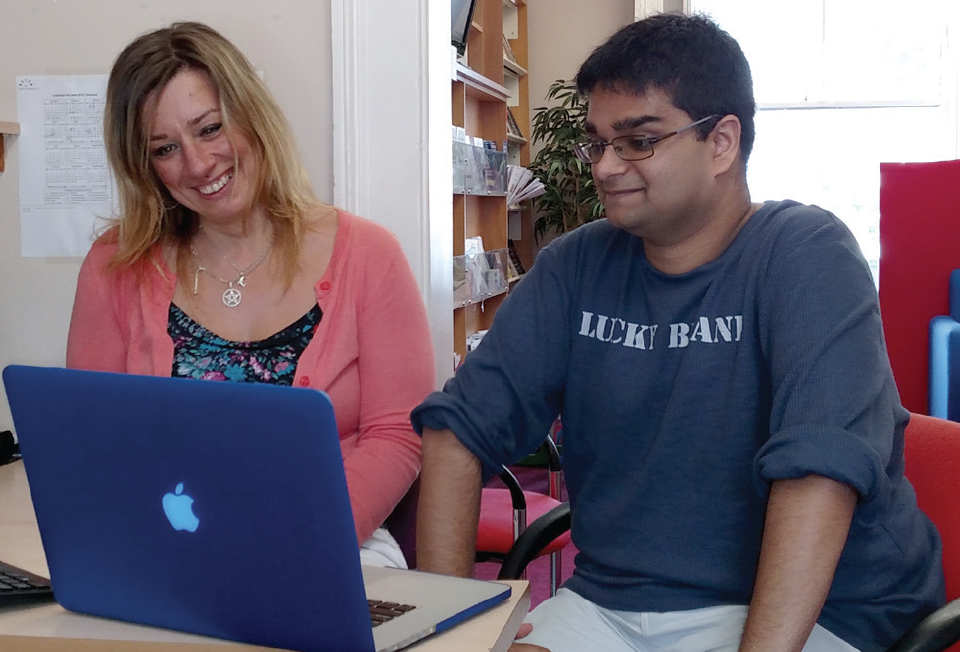Guiding Partners: Global Health Student Builds Connections for Community Mental Health
07/11/2017
Avi Sukhwal’s parents expected he would follow in their footsteps and become a physician. When he told them he wanted to go into public health, his parents simply wanted to know that he would be able to make a living. He’s headed to a Ph.D. program this fall, but as an M.P.H. student concentrating in global health, it was Sukhwal’s interest in mental health that really took him places.
Through his internship at a nongovernmental organization in Dublin, Ireland called Cairde (pronounced “cord-ja” which is Gaelic for “friendship”), Sukhwal took a lead role in producing a series of mental health guidebooks for diverse minority, immigrant and refugee populations. The books are published in 16 languages.
Sukhwal’s job involved reaching out to experts and community leaders. “It can be very hard for people who have been through traumatic events to seek mental health care, especially if providers don’t speak their language,” he says. “We reached out to many community healthcare entities to ask if we could include them in our guide. They said ‘yes,’ and asked: ‘Please, can we be a part of your process, so that we can add in what we want as well?’”
For his part, Sukhwal often played the role of detective, tapping into community networks and tracking down mental health professionals fluent in different languages. Sukhwal says he even shed a few pounds through his legwork on the streets of Dublin.
The guides are distributed widely throughout northern Ireland in hospitals, clinics, public libraries and through community partners. “If you go to Dublin, you will find one of our guides!” says Sukhwal.
###
This article first appeared in the Spring 2017 issue of SoJust magazine, the College for Public Health and Social Justice's alumni magazine.
About the College for Public Health and Social Justice
The Saint Louis University College for Public Health and Social Justice is the only
academic unit of its kind, studying social, environmental and physical influences
that together determine the health and well-being of people and communities.
It also is the only accredited school or college of public health among nearly 250 Catholic institutions of higher education in the United States. Guided by a mission of social justice and focus on finding innovative and collaborative solutions for complex health problems, the College offers nationally recognized programs in public health, social work, health administration, applied behavior analysis, and criminology and criminal justice.
